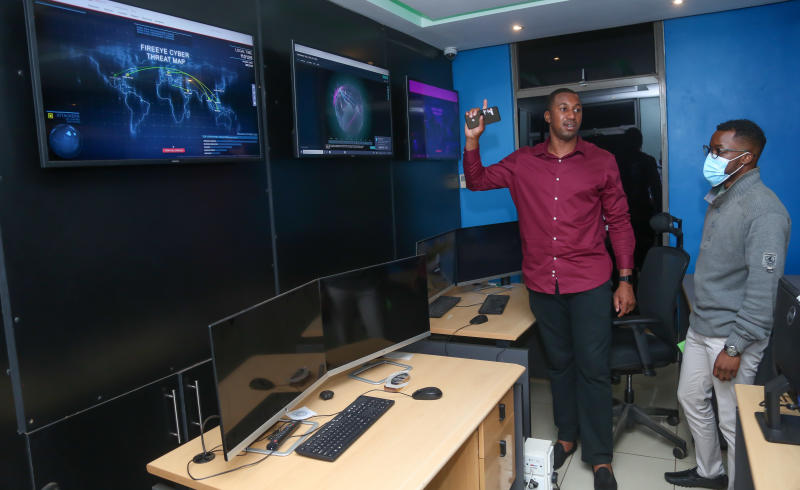×
The Standard e-Paper
Kenya’s Boldest Voice

Kenyan enterprises are losing millions of shillings to cyber attacks as hackers set their sights on small businesses with little or no defences on their digital systems.
Industry statistics and reports from analysts indicate that small and medium-sized enterprises (SMEs) in the country today are most vulnerable to emerging forms of cyber-crime.







